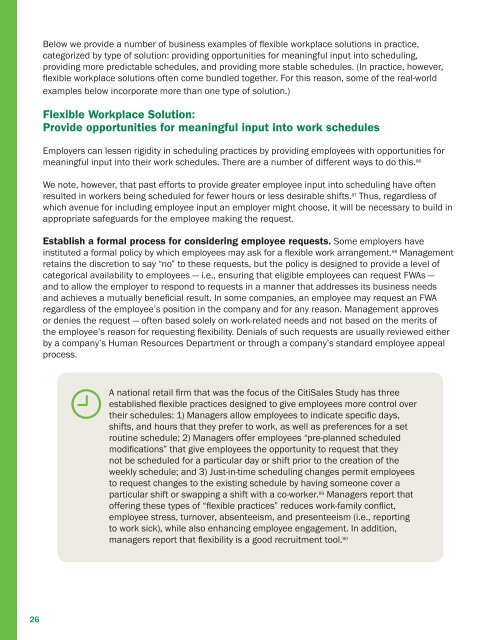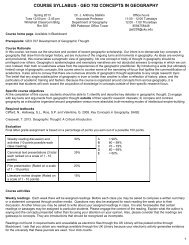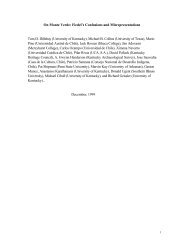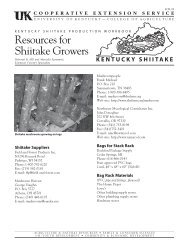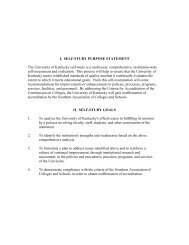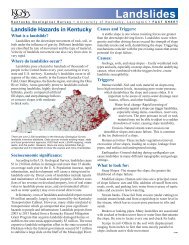Flexible Workplace Solutions for Low-Wage Hourly Workers
Flexible Workplace Solutions for Low-Wage Hourly Workers
Flexible Workplace Solutions for Low-Wage Hourly Workers
Create successful ePaper yourself
Turn your PDF publications into a flip-book with our unique Google optimized e-Paper software.
Below we provide a number of business examples of fl exible workplace solutions in practice,<br />
categorized by type of solution: providing opportunities <strong>for</strong> meaningful input into scheduling,<br />
providing more predictable schedules, and providing more stable schedules. (In practice, however,<br />
fl exible workplace solutions often come bundled together. For this reason, some of the real-world<br />
examples below incorporate more than one type of solution.)<br />
<strong>Flexible</strong> <strong>Workplace</strong> Solution:<br />
Provide opportunities <strong>for</strong> meaningful input into work schedules<br />
Employers can lessen rigidity in scheduling practices by providing employees with opportunities <strong>for</strong><br />
meaningful input into their work schedules. There are a number of different ways to do this. 86<br />
We note, however, that past ef<strong>for</strong>ts to provide greater employee input into scheduling have often<br />
resulted in workers being scheduled <strong>for</strong> fewer hours or less desirable shifts. 87 Thus, regardless of<br />
which avenue <strong>for</strong> including employee input an employer might choose, it will be necessary to build in<br />
appropriate safeguards <strong>for</strong> the employee making the request.<br />
Establish a <strong>for</strong>mal process <strong>for</strong> considering employee requests. Some employers have<br />
instituted a <strong>for</strong>mal policy by which employees may ask <strong>for</strong> a fl exible work arrangement. 88 Management<br />
retains the discretion to say “no” to these requests, but the policy is designed to provide a level of<br />
categorical availability to employees — i.e., ensuring that eligible employees can request FWAs —<br />
and to allow the employer to respond to requests in a manner that addresses its business needs<br />
and achieves a mutually benefi cial result. In some companies, an employee may request an FWA<br />
regardless of the employee’s position in the company and <strong>for</strong> any reason. Management approves<br />
or denies the request — often based solely on work-related needs and not based on the merits of<br />
the employee’s reason <strong>for</strong> requesting fl exibility. Denials of such requests are usually reviewed either<br />
by a company’s Human Resources Department or through a company’s standard employee appeal<br />
process.<br />
A national retail fi rm that was the focus of the CitiSales Study has three<br />
established fl exible practices designed to give employees more control over<br />
their schedules: 1) Managers allow employees to indicate specifi c days,<br />
shifts, and hours that they prefer to work, as well as preferences <strong>for</strong> a set<br />
routine schedule; 2) Managers offer employees “pre-planned scheduled<br />
modifi cations” that give employees the opportunity to request that they<br />
not be scheduled <strong>for</strong> a particular day or shift prior to the creation of the<br />
weekly schedule; and 3) Just-in-time scheduling changes permit employees<br />
to request changes to the existing schedule by having someone cover a<br />
particular shift or swapping a shift with a co-worker. 89 Managers report that<br />
offering these types of “fl exible practices” reduces work-family confl ict,<br />
employee stress, turnover, absenteeism, and presenteeism (i.e., reporting<br />
to work sick), while also enhancing employee engagement. In addition,<br />
managers report that fl exibility is a good recruitment tool. 90<br />
26


